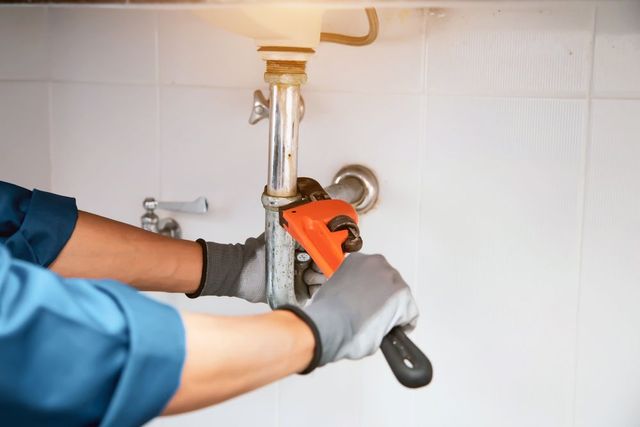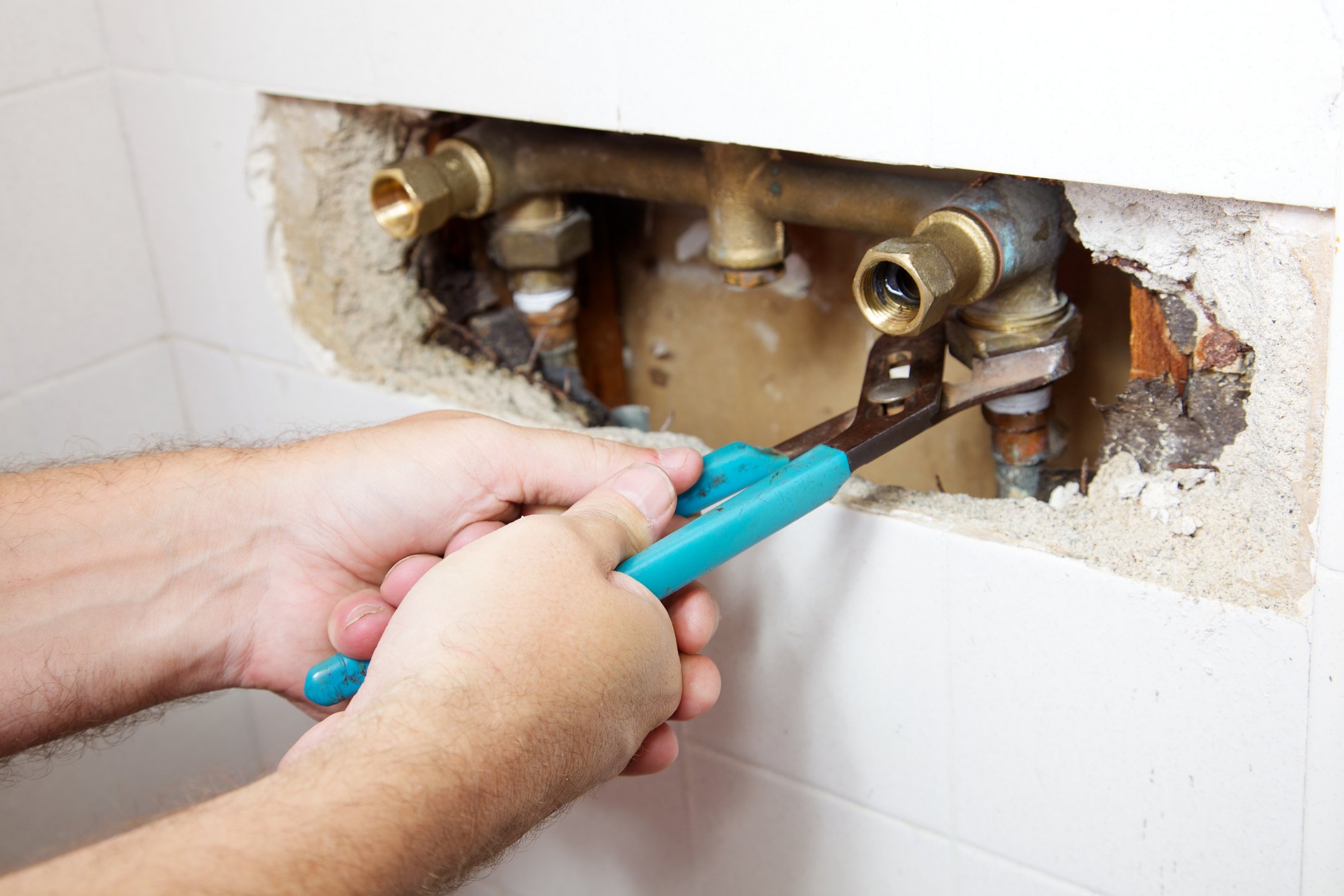The article down the page in relation to 6 Essential Plumbing Checks for New Homeowners is amazingly insightful. Don't miss it.

For brand-new homeowners, understanding and maintaining restroom plumbing can conserve both time and money by stopping costly concerns down the line. Right here are some essential washroom plumbing suggestions to help you keep every little thing running efficiently.
Acquaint Yourself with the Key Shut-Off Valve
Understanding where the major water shut-off shutoff is located in your home is critical. This enables you to rapidly turn off the water in case of major leakages or throughout plumbing emergencies, preventing substantial water damage.
Consistently Examine for Leaks
Little leakages can cause huge issues. Consistently inspect under sinks, around toilets, and near pipes components for any signs of leaks. Look for dampness, small drips, or corrosion. Catching and fixing leaks early can protect against more significant damages and conserve water.
Don't Disregard Slow Drains
If your sink or bath tub is draining pipes slowly, it's frequently a sign of a blockage forming. Addressing this early can avoid a total obstruction. Make use of a plunger or a plumbing professional's snake to remove particles. Avoid making use of chemical drain cleansers as they can harm your pipes over time.
Know What Not to Flush
Toilets are not garbage disposals. Avoid purging anything aside from toilet paper and human waste. Products like wipes, womanly health products, and cotton bud should be dealt with in the garbage to stop obstructions and drain back-ups.
Set Up Strainers in Drains
Location strainers in your sink and bath tub drains to catch hair and other debris prior to they enter your pipes system. Cleansing the strainers on a regular basis will aid stop buildup and keep water flowing freely.
Preserve Your Water Heater
Ensure your water heater is readied to an appropriate temperature (typically around 120 degrees Fahrenheit) to stop scalding and minimize power usage. Flush the tank annually to get rid of debris build-up, which can decrease the effectiveness and life expectancy of your heater.
Update Your Components
If your home has older fixtures, consider upgrading to a lot more effective versions. Modern bathrooms, showerheads, and taps are created to use much less water while supplying good pressure, which can substantially reduce your water expense and ecological footprint.
Be Cautious with Do It Yourself Plumbing Repair Works
While it's tempting to take care of all home repairs by yourself, be cautious with pipes. Some issues could require specialist proficiency, especially if they involve main water lines or sewage system repair work. Employing a professional can occasionally be more economical than do it yourself, specifically if it prevents further damage.
Plan For Winter
Secure your pipelines from freezing during winter by protecting pipelines in unheated areas like cellars, attics, and garages. During extreme chilly, allow cold water drip from faucets served by subjected pipelines to aid avoid cold.
Arrange Regular Maintenance
Take into consideration scheduling annual inspections with a certified plumbing. They can find concerns that you could miss, such as hidden leaks or deterioration on pipes and fixtures. Regular upkeep aids expand the life of your pipes system and can avoid emergencies.
Conclusion
Understanding and keeping your home's shower room pipes can avoid numerous common concerns. By complying with these important tips, you can guarantee your bathroom continues to be functional and reliable, conserving you money and time in the future.
Essential Plumbing Tips for Homeowners: Keep Your Pipes Flowing Smoothly
As a homeowner, understanding the basics of your plumbing system can save you time, money, and a lot of headaches. Plumbing issues can range from minor annoyances like dripping faucets to major problems like burst pipes that cause significant damage. This guide provides essential tips to help you maintain your plumbing system and tackle common issues.
Understanding Your Plumbing System
Supply System: Brings fresh water into your home from a municipal source or a well. Drain-Waste-Vent System: Removes wastewater and vents sewer gases outside. Fixtures and Appliances: Includes sinks, toilets, showers, dishwashers, and washing machines. Basic Maintenance Tips
Regular Inspections: Periodically check for leaks, corrosion, and other signs of wear and tear. Look under sinks, around toilets, and near water heaters. Know Your Main Shut-Off Valve: In case of a major leak, you’ll need to shut off the water quickly. Ensure everyone in your household knows where the main shut-off valve is located. Prevent Frozen Pipes: In cold climates, insulate exposed pipes and let faucets drip during extreme cold to prevent freezing. Use Strainers: Install strainers in sinks and tubs to catch hair, food particles, and other debris that can cause clogs. Common Plumbing Issues and Solutions
Clogged Drains:
Prevention: Avoid pouring grease down the drain and use drain screens to catch debris. DIY Fix: Use a plunger or a plumbing snake to clear minor clogs. For stubborn clogs, a mixture of baking soda and vinegar can sometimes help. Leaky Faucets:
Prevention: Replace washers and seals regularly. DIY Fix: Turn off the water supply, disassemble the faucet, and replace worn parts.

Click Here